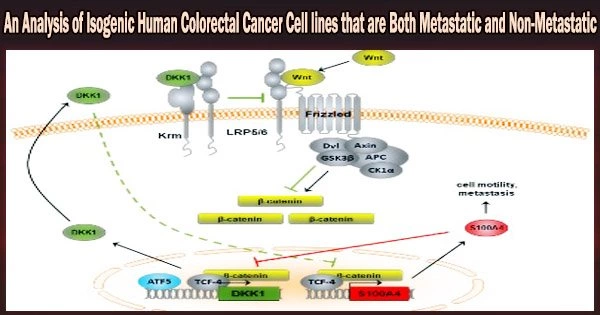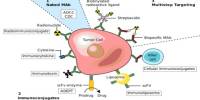Top-down proteomics analysis of isogenic human non-metastatic and metastatic colorectal cancer cell lines was carried out by a group of researchers from Michigan State University, Indiana University, The Ohio State University, and Tulane University.
The team outlines how they examined proteins in cell lines from colorectal cancer cells using TopPIC analytical software and electrophoresis-tandem mass spectrometry and what they discovered in their research that was published in the journal Science Advances.
Prior studies have demonstrated that the main cause of cancer-related disorders is metastasis rather than the normal development of malignant tumors. The quest for markers to assess in order to establish whether a patient not only has a certain form of cancer but also whether it has spread has been prompted by this.
In this new endeavor, the scientists have created and implemented a top-down approach to analyze proteins connected to the emergence of both metastatic and non-metastatic colorectal cancer and their potential utility as indicators for the illness.
Using a software program called TopPIC, the researchers examined hundreds of proteins and proteoforms (a particular type of protein) in search of correlations with colorectal cancer.
They pursued similar research using mass spectrometry as well. The team’s innovative methodology allowed them to measure intact proteofoms directly, enabling the study of their particular roles.
The team examined 2,332 proteins and 23,622 proteoforms in total, and as a result, was able to identify variations that may be utilized to differentiate metastatic forms of colorectal cancer. Additionally, they were able to locate roughly 17,300 proteoforms linked to non-metastatic colorectal tumors.
Additionally, the researchers discovered that both cell lines possessed proteoforms that were related to particular kinds of enzymes and signaling.
The researchers claim that their research has conclusively shown that the proteoform profiles of colorectal cancer cell lines from metastatic and non-metastatic tumors are considerably distinct from one another.
They go on to say that such profiles might be biomarkers that are eventually going to be searched for in novel sorts of tests created to target them, as part of testing for colorectal cancer.
















